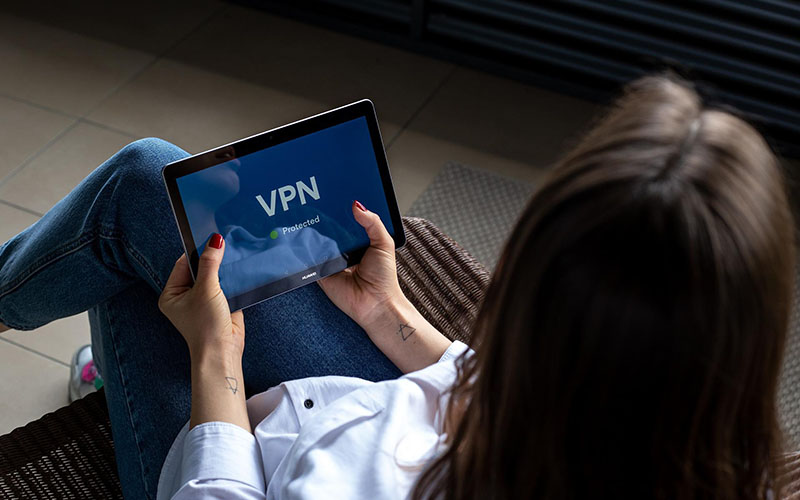As more and more people take off on vacations, hackers can find several opportunities to penetrate less-secure connections made while away from home.
One in four travelers is at risk of being hacked while using public Wi-Fi, according to a recent study conducted by a cybersecurity firm, NordVPN. Most of those attacks happened at public transportation hubs, including airports, bus stations, and train stations.
While waiting for a plane or train, it is customary to check your phone. However, individuals tend to disregard their internet safety when on vacation. According to Daniel Markuson, a cybersecurity expert at NordVPN,. “Hackers exploit the vulnerabilities of public Wi-Fi networks in places like airports and railway stations to steal private information.
Public Wi-Fi and Its Potential Risks
According to the company, tourists become easy prey for cybercriminals because they often do not know the correct Wi-Fi network’s identity.
Airports, railway stations, hotels, cafes, restaurants, and other tourist destinations are easy targets for hackers who can easily set up phony Wi-Fi networks with names that sound legitimate and relevant to the location (for example, Starbucks Guest Wi-Fi). When a tourist connects to one of these ‘evil twin’ hotspots, the hacker immediately gains access to their personal information, including credit card numbers, private emails, website login information, and other credentials.
To add to the problem, even the official public Wi-Fi networks in these locations are likely unsafe to use due to their lack of security. Without encryption, hackers can join the open web at any moment, monitor your online activity, and steal sensitive or private information like passwords and credit card details. As the hacker inserts himself between the victim’s device and the Wi-Fi router, we term this as ’man-in-the-middle’ assault.
VPN is the sole solution to prevent a man-in-the-middle attack on the device. According to our data, most travelers (over 78%) do not protect themselves by connecting to a virtual private network (VPN) when using public Wi-Fi.
Recommended Security Measures for Tourists
Though many tourists cannot get by without access to public Wi-Fi, they should be aware of the potential security risks. Experts from NordVPN have provided some advice for protecting your devices when traveling:
Make use of a virtual private network. The VPN refers to a virtual private network, which is the best way for travelers to keep their digital information safe when using public Wi-Fi for work. The VPN service encrypts the user’s data, so other parties cannot intercept it on the network.
It would help if you kept the auto connect feature disabled. If you alter this setting on your device, you will not connect to any unsecured networks by accident.
Do not give out any login information. For convenience, many vacationers prefer to make reservations and bookings while on the go. However, this practice exposes your personal information to greater risk. Booking hotels, plane tickets, etc., while connected to public Wi-Fi is discouraged by NordVPN because of the risk of being sensitive information stolen.

